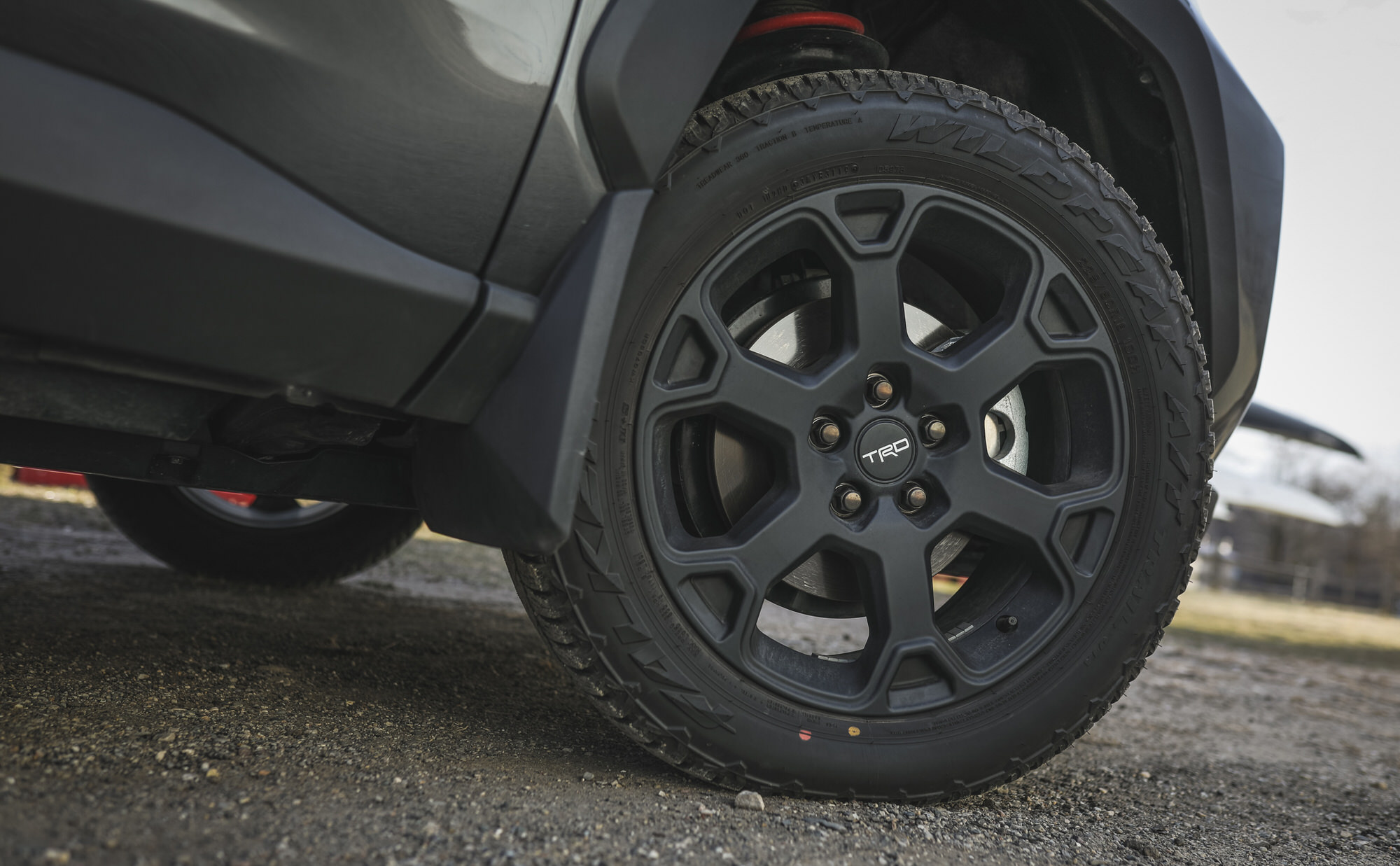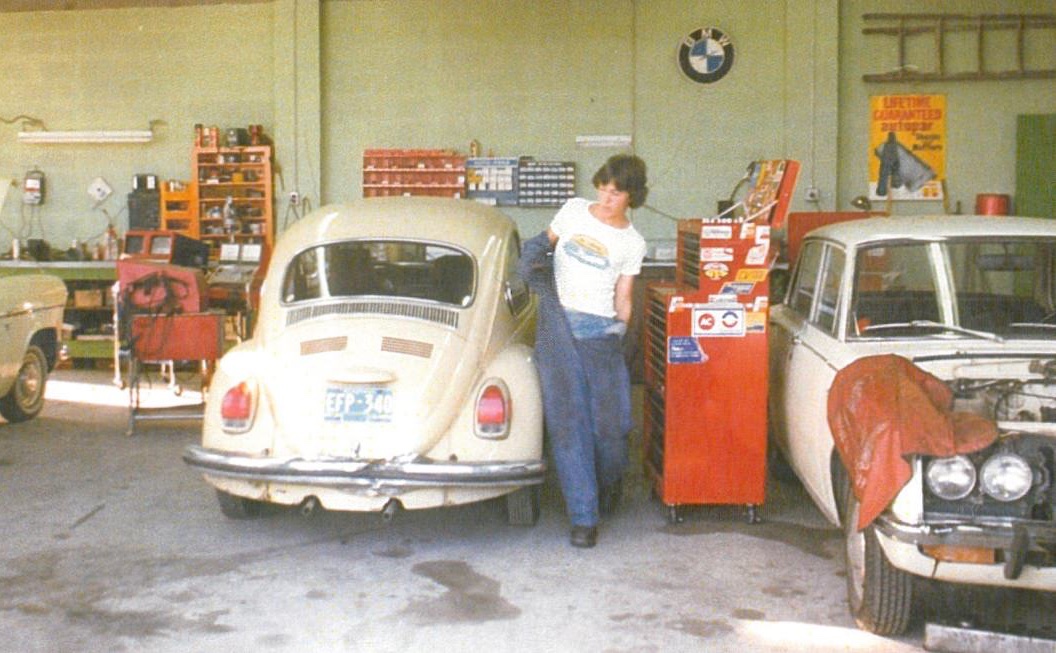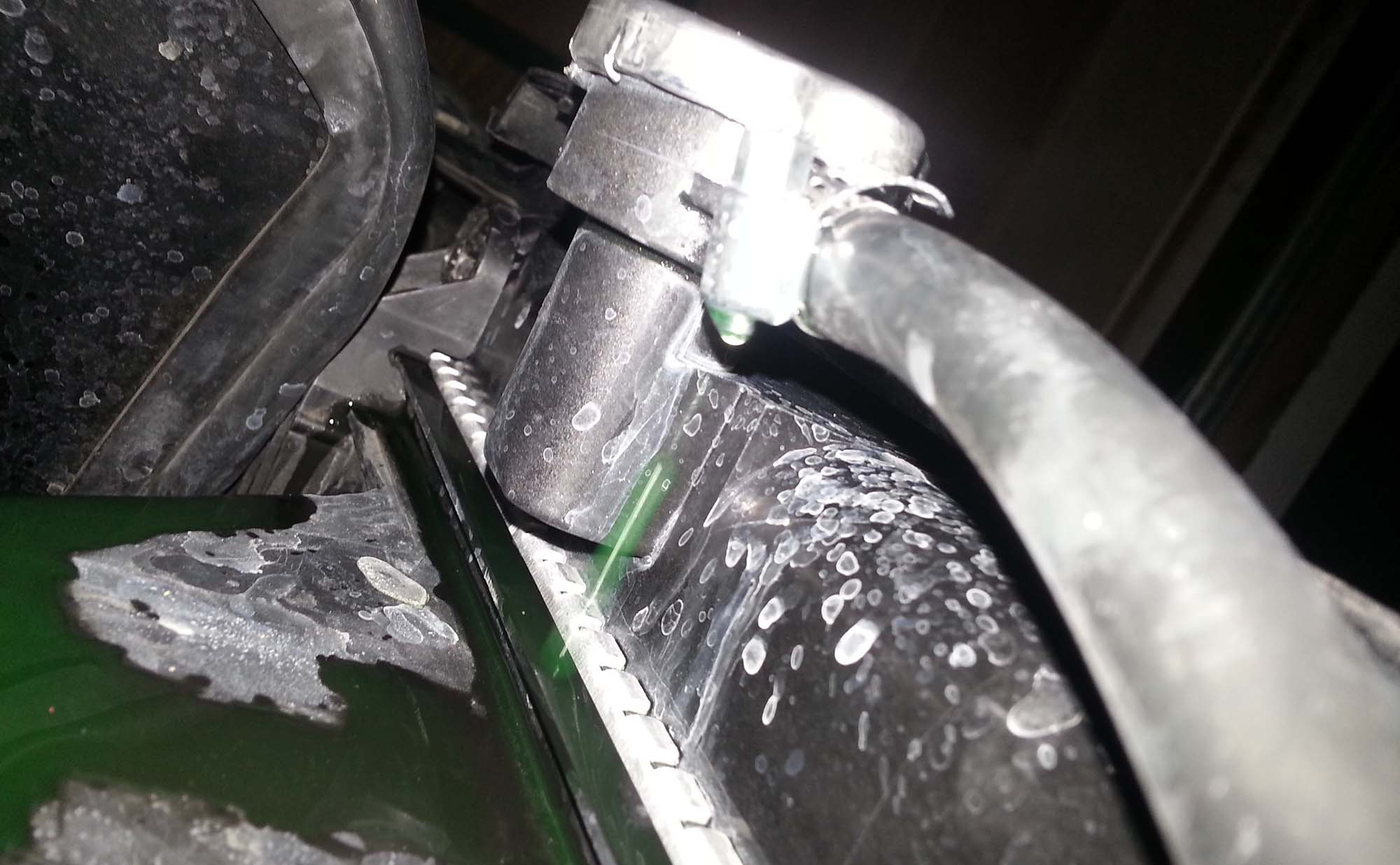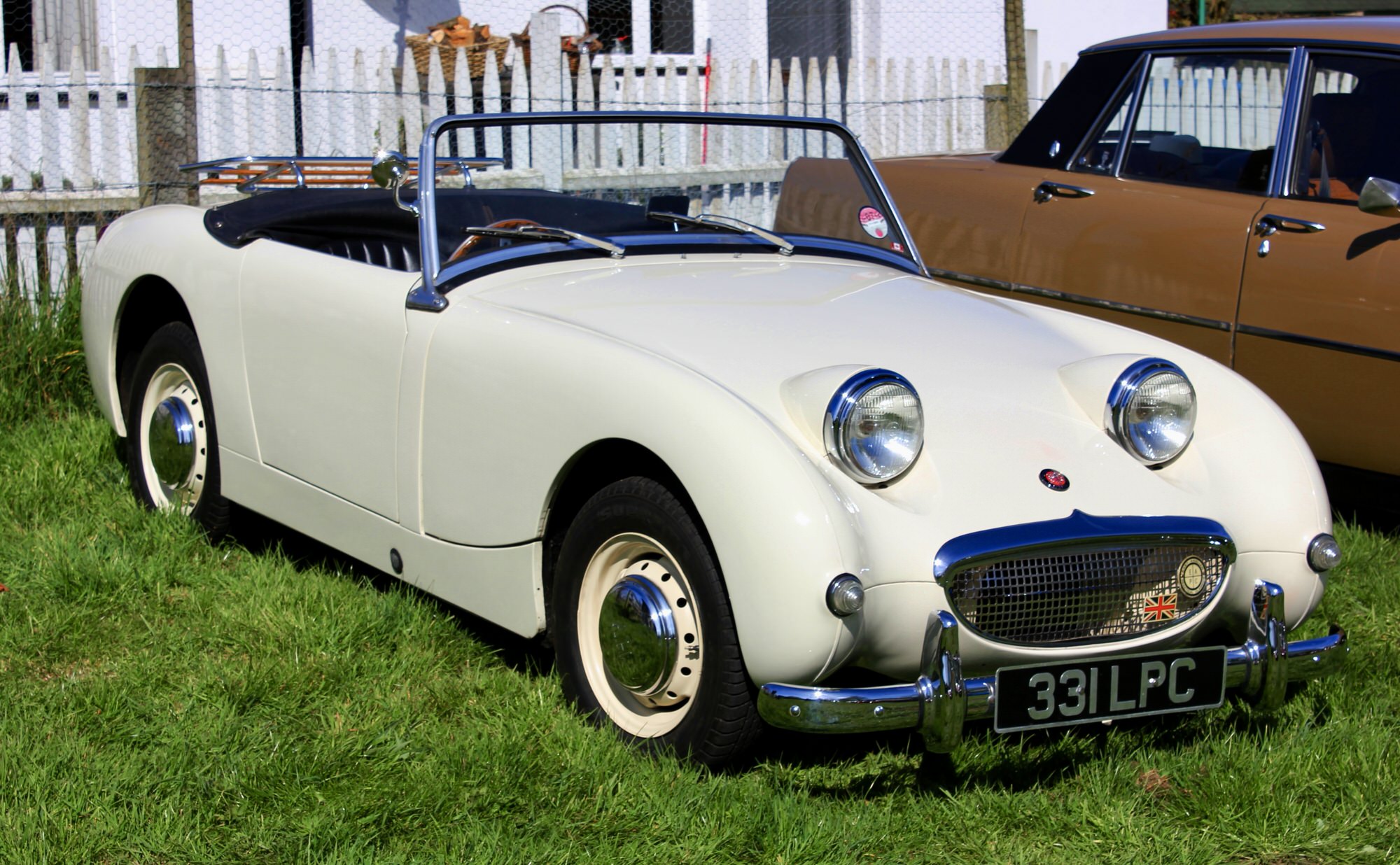Today, Parkside Motors turns 45! This has been an incredible journey, and today we take a look back at all of the milestones that lead us here.
If your vehicle’s tires are sounding abnormally loud, there are two categories of causes: normal and abnormal. In this three-part blog series, we will explore the normal reasons for loud tires, the abnormal reasons, and the solutions to this annoying and potentially dangerous problem.
Normal Reasons for Loud Sounding Tires
Tire Type
All tire types make some noise, but certain types are definitely louder than others. Touring tires, and other tires designed with a low rolling resistance in mind, are usually the quietest. The loudest tires are studded winter tires, followed by normal winter tires and off-road tires. This is due to the tread characteristics of the tires. The stiff sidewalls of run-flat tires often add to the noise they create.
If comfort-oriented tires are producing a louder-than-normal noise under normal driving conditions on smooth surfaces, there may be a problem you should look into.
Tire Size
With regard to size, tires that are especially big or small tend to make more noise than middle-of-the-road sized tires. Tires with a relatively larger contact patch, for example, a 236/ tire, will make extra noise because of the increased amount of rubber on the road. On the other hand, small tires such as the 40-series have less sidewall to absorb noise so they are often loud.
If you are finding your tires to be loud, check the sizes to see if that may be the culprit.
Tire Tread
Tire tread influences tire noise by changing the way air is compressed within the treads. While driving, air gets into the channel between the treads and is compressed. The release of the compressed air will generate noise. The more space there is between the treads (as is seen with off-road tires) and the more symmetrical the treads, the louder the noise.
Manufacturers set different tread block patterns next to each other to create quiet tires. Each block pattern produces a unique tone. Balancing many tones will create a neutral white noise while stacking a single tone on top of itself will create a loud noise. This process is known as pitch sequencing.
Road Conditions
Rough and porous road surfaces will cause the most noise while driving. Rough road conditions create noise in a similar way to tires with deep treads; by quickly compressing and releasing air. New asphalt will generally provide the quietest driving conditions and give you the best indication of what your tires sound like without any interference.
Driving Tendencies
The following driving tendencies will increase the amount of noise made by your tires
- High speeds
- Heavy loads
- Rapid acceleration
- Forceful braking
- High-speed cornering
All or any of these factors will add to the compression of the air in the tires, making them louder. Embracing a smoother driving style will make your journeys quieter and safer. Stay tuned for parts 2 and 3 of this blog series, and as always, never hesitate to reach out to us with any of your automotive questions.




